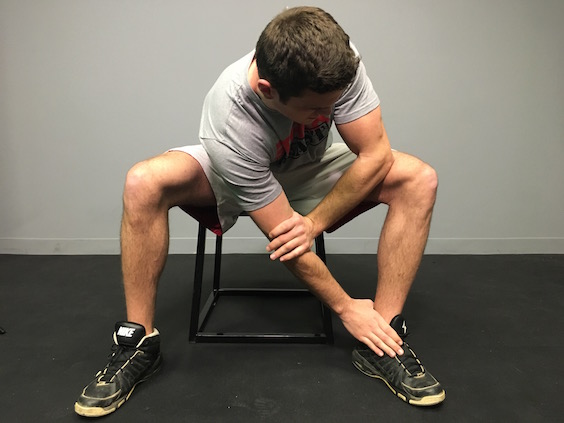How Colorado Cross Country Tapers
By Scott Macker
Having coached 15 conference champions, 13 regional title winners, 60 All-Americans and six USA cross country champions during his 12 years at the helm, Mark Wetmore, men and women’s cross country coach at the University of Colorado, knows what it takes to taper your training for cross. Here, he answers a few questions to help you with your conditioning.
STACK: How do you prepare your athletes?
MW: We prepare through periodization, and we have different physiological goals for the different periods of our preparation. A coach must be patient and open minded enough to understand his or her athletes in their own environments and circumstances. With that said, I haven’t heard of any legal way to get good without hard work.
We are the key elements for success?
MW: You definitely need two things to succeed in racing—a big block of training under your belt, and enough regeneration time to allow your body to adapt to all that training.
Can you explain tapering?
MW: Runners taper to let their adaptation and response to the hard training take place and embody itself. If you ran 15 miles the day before a race, your legs wouldn’t feel good.
Is there anything specific to the way you taper?
MW: We train a lot when we need to, but when the serious races come around, we come down off our volume and move into faster, more traditional anaerobic and interval training, so our runners feel recovered and speedy. We usually have only one easy day in preparation for a relatively unimportant competition. We look at the big picture, because we would hate to lose the training available during those events. We want to make sure we are fully tapered by the Big 12 and NCAA Championships. All serious runners sit down with a calendar and say, “These are the events I’m going to rest for and these are the ones I’ll train through.”
What are some mistakes you see runners make in terms of conditioning?
MW: One of the bigger problems I see is how distance runners become addicted to the mileage they run each week. They can also become addicted to the concept that more is better. That’s not entirely wrong, but when leading up to an important event, they need to withdraw from that addiction and be comfortable with less mileage to stay fresh.
Why do athletes get addicted to mileage?
MW: Some athletes think they’ll get out of shape when they do less volume. Others believe that after two or three days of reducing their volume, something has gone wrong and they’ve become stale. All of this is just scientifically impossible.
RECOMMENDED FOR YOU
How Colorado Cross Country Tapers
By Scott Macker
Having coached 15 conference champions, 13 regional title winners, 60 All-Americans and six USA cross country champions during his 12 years at the helm, Mark Wetmore, men and women’s cross country coach at the University of Colorado, knows what it takes to taper your training for cross. Here, he answers a few questions to help you with your conditioning.
STACK: How do you prepare your athletes?
MW: We prepare through periodization, and we have different physiological goals for the different periods of our preparation. A coach must be patient and open minded enough to understand his or her athletes in their own environments and circumstances. With that said, I haven’t heard of any legal way to get good without hard work.
We are the key elements for success?
MW: You definitely need two things to succeed in racing—a big block of training under your belt, and enough regeneration time to allow your body to adapt to all that training.
Can you explain tapering?
MW: Runners taper to let their adaptation and response to the hard training take place and embody itself. If you ran 15 miles the day before a race, your legs wouldn’t feel good.
Is there anything specific to the way you taper?
MW: We train a lot when we need to, but when the serious races come around, we come down off our volume and move into faster, more traditional anaerobic and interval training, so our runners feel recovered and speedy. We usually have only one easy day in preparation for a relatively unimportant competition. We look at the big picture, because we would hate to lose the training available during those events. We want to make sure we are fully tapered by the Big 12 and NCAA Championships. All serious runners sit down with a calendar and say, “These are the events I’m going to rest for and these are the ones I’ll train through.”
What are some mistakes you see runners make in terms of conditioning?
MW: One of the bigger problems I see is how distance runners become addicted to the mileage they run each week. They can also become addicted to the concept that more is better. That’s not entirely wrong, but when leading up to an important event, they need to withdraw from that addiction and be comfortable with less mileage to stay fresh.
Why do athletes get addicted to mileage?
MW: Some athletes think they’ll get out of shape when they do less volume. Others believe that after two or three days of reducing their volume, something has gone wrong and they’ve become stale. All of this is just scientifically impossible.











